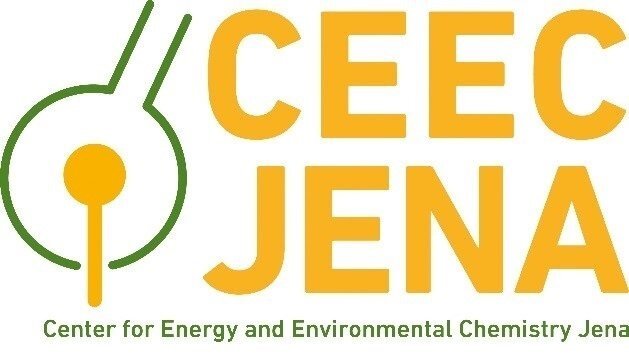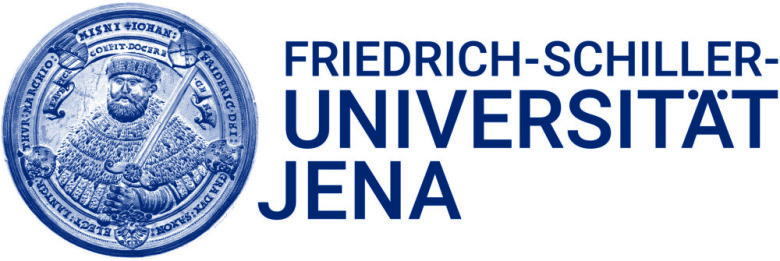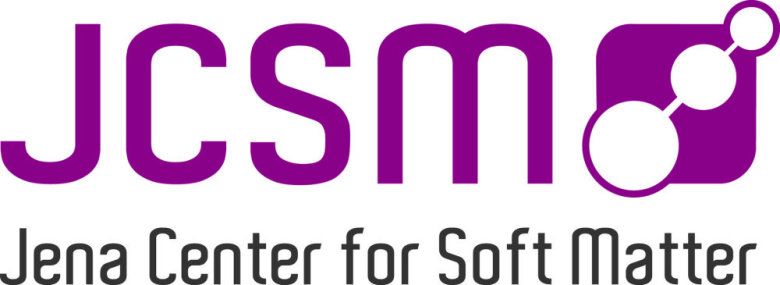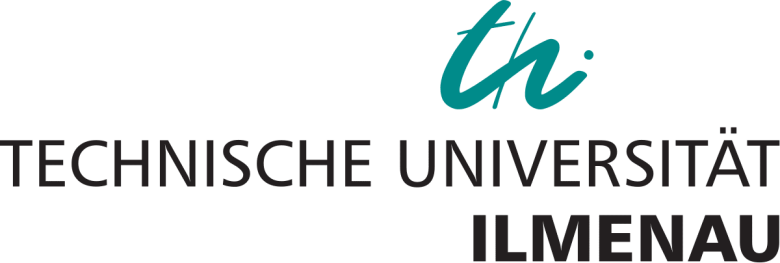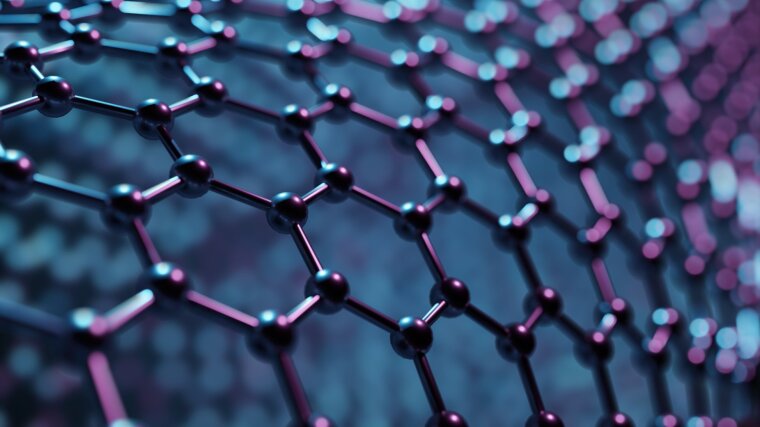
-
Abbe Center of Photonics
-
Center for Energy and Environmental Chemistry Jena (CEEC Jena)
-
CiS Forschungsinstitut für Mikrosensorik GmbH
-
Fraunhofer Institute for Applied Optics and Precision Engineering (IOF)
-
Fraunhofer Institute for Ceramic Technologies and Systems (IKTS)
-
Fraunhofer Institute for Electronic Nano Systems (ENAS)
Learn moreExternal link
Image: Fraunhofer ENASFocus of R&D activities on 1D/2D Technology Platform:
In the field of nano systems and components, processes and technologies are developed for the production, integration and application of functional nanostructures. One focus is the integration of nanomaterials such as carbon nanotubes. These promise to add significant value in electronic systems, as they inherently have low energy consumption, exceptional sensitivity for bio-, optical and mechanical sensing, and even enable highly efficient electronic components. However, new functionalities rely on conventional system architectures such as CMOS-based ASICs with increasing complexity. Fraunhofer ENAS is developing technological solutions for heterogeneous integration of nanodevices to meet the highest demands of semiconductor manufacturing. There are modular solutions for integrated CNT-based field-effect transistors, integrated hardware security (physical unconable function) as well as integrated sensor arrays.
Virtual Showroom - Carbon Nanodevice Platform - YouTubeExternal link
-
Friedrich Schiller University Jena
Image: Friedrich-Schiller-Universität JenaInstitute of Applied Physics
Research Group Dr. Falk Eilenberger:
Dr. Eilenberger heads the junior research group "Photonics in 2D Materials" at the Institute of Applied Physics at FSU Jena. He is an expert in the field of nonlinear optics, where he has focused in particular on nonlinear wave propagation in structured optical fibers and fiber arrays. He has also made contributions to integrated quantum optics, particularly in the area of integrated generation and manipulation of two-photon states. In the study of optical phenomena in semiconducting 2D materials, he investigates the coupling of two-dimensional material systems to waveguiding systems and resulting enhancements of the nonlinear light-matter interaction in these materials. In this system, he has been able to show that high-precision coating techniques from classical optics are suitable for coupling 2D materials to macroscopic high-q resonators, where he studies macroscopic condensed quantum states. Another area of interest is in quantum sensing and the use of photonic quantum states for interferometric applications.
Institute of Solid State Physics
Research Group Prof. Dr. Torsten Fritz:
Our surface science group is involved in the research of organic molecules which in the form of thin films possess semiconducting properties. We specialize in the preparation and characterization of highly ordered (epitaxial) molecular layers on single-crystalline substrates.
To this end, we also investigate modern 2D materials "graphene and beyond" (h-BN, BlueP, MoS2, ...) as decoupling layer to prevent hybridization of the organic molecules and the metal substrate underneath the 2D material.
The diversity of complementary experimental methods (optical spectroscopy, photoelectron spectroscopy, electron diffraction, scanning probe microscopy, ...), applied to both the organic layers and the 2D materials, is a key aspect of our group. By that, we investigate comprehensively the structure (epitaxy) and the physical properties of inorganic and organic 2D materials.Institute of Optics and Quantum Electronics
Institute of Physical Chemistry
Research Group Prof. Dr. Andrey Turchanin:
The research activities of Prof. Turchanin’s group at the Institute of Physical Chemistry are focused on the synthesis and materials science of 2D materials like transition metal dichalcogenides (TMDs), graphene, 2D organic semiconductors, molecular nanosheets, and their functional applications in electronics, optoelectronics, energy storage/conversion and sensing. During the last years the group pioneered in many fields of 2D materials research. For instance, a universal scheme to produce molecular thin nanomembranes and graphene from organic SAMs has been invented and established. Moreover, the group has strongly contributed to the production of free-standing 2D materials by developing a polymer-based transfer of these monolayers onto arbitrary substrates. During the last years the group has established a unique experience in controlled synthesis of high-quality monolayer crystals of TMDs and TMD heterostructures. The group has a thorough expertise in the synthesis, analytics and microfabrication of 2D materials and to this end actively employs CVD/MOCVD/PVD methods, spectroscopy (XPS, UPS, Raman spectroscopy, IRRAS), scanning probe (STM, AFM) and charged particle microscopy (SEM, TEM, HIM), as well as nanofabrication (EBL, EUV-IL) and clean room facilities as well as in application of these materials in nanoelectronic devices including biosensors and photodetectors as well as in devices for energy storage and conversion.
-
Innovent Jena
-
Institut für Bioprozess- und Analysenmesstechnik (IBA) Heiligenstadt e.V.
Learn moreExternal linkde
Image: IBA HeiligenstadtThe Institute for Bioprocessing and Analytical Measurement Techniques (iba) in Heilbad Heiligenstadt is a non-university research facility in the Free State of Thuringia and an associate institute (An-Insitut) of the Technical University Ilmenau. The three departments mainly deal with materials for the life sciences, with bio-reactor technology and the analytical measurement technology. Moreover, one junior research group conducts research with medical background and yet another one works on stem cell issues.
-
Institut für Mikroelektronik- und Mechatronik-Systeme (IMMS)
-
Institute of Energy and Environmental Technology e.V. (IUTA)
Learn moreExternal linkde
Image: Institut für Energie- und Umwelttechnik e.V. (IUTA)IUTA is a research institute in the field of energy and environmental technology and bridges the gap between basic research and industrial application. The objectives of the research are both the acquisition of new scientific findings and methods as well as the transfer of knowledge into practice, for example through concrete product and process developments. The production of nanomaterials on a pilot scale in the gas phase is part of the research work of the institute, whereby this established process is used for the processing of gaseous or aerosol-like reactants into powder products. The synthesis pathway offers the advantage of high purity and the possibility of continuous process control, while significant amounts of material can be produced. For the production of graphene, a microwave-supported plasma reactor is used, which decomposes a gaseous solvent and generates graphene plates via condensation of carbon atoms in the gas phase. The aim of this production line is to generate sufficient quantities of material and provide it for the development of industrial applications.
-
Jena Center of Soft Matter
-
Leibniz Institute of Photonic Technology (IPHT) Jena
Learn moreExternal link
Image: Leibniz IPHT JenaDepartment "Functional Interfaces":
The department "Functional Interfaces" of Leibniz-IPHT combines different fabrication techniques for functional interfaces based on (molecular) top-down and bottom-up nano- and layer technologies with spectroscopic methods to derive structure-dynamics-function relationships. With respect to 2D materials, the focus is on the development and modification of graphene layers based on chemically exfoliated graphene flakes for energy conversion, filtration, sensing and smart textiles (Dr. Plentz). The double self-assembly process used for this purpose enables homogeneous coating of arbitrary surfaces and 3D structures with graphene oxide, which is subsequently chemically modified from the gas phase with respect to porosity, conductivity and catalytic function. In the broader scope, the fabrication and scaling of membranes based on covalent- or metal-organic networks using Langmuir-Blodgett processes is being investigated (Dr. Presselt). The mechanistic characterization of 2D materials rests on a variety of optical spectroscopy (stationary, time-resolved) and electrochemical methodologies (Prof. Dietzek-Ivanšić).
-
Materialforschungs- und -prüfanstalt an der Bauhaus-Universität Weimar
-
Research Centre of Medical Technology and Biotechnology (fzmb) GmbH
-
Technische Universität Ilmenau

